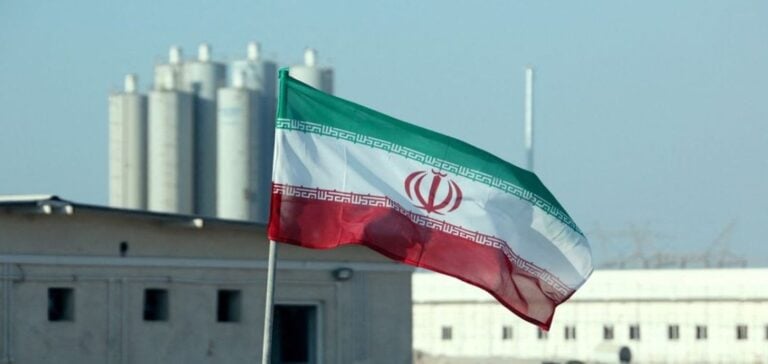Iran has recently stepped up its nuclear program, according to a report by the IAEA (International Atomic Energy Agency). The country is installing new uranium enrichment cascades at its Natanz and Fordow facilities, a move that has been communicated to IAEA members. This development comes a week after the agency’s Board of Governors adopted a resolution criticizing Tehran’s lack of cooperation. Despite this criticism, Iran continues to increase its capabilities, which some diplomats describe as moderate but worrying. This situation is reminiscent of past tensions, when similar resolutions led Tehran to remove surveillance cameras and step up its nuclear activities.
International reactions and diplomatic consequences
The resolution put forward by Great Britain, France and Germany, but opposed by China and Russia, aims to increase diplomatic pressure on Iran. Although symbolic, this motion could lead to a diplomatic escalation and the possibility of referring the issue to the UN Security Council. Iran, for its part, described the resolution as “hasty and imprudent”. The country continues to deny accusations that it is seeking to develop a nuclear weapon, claiming that its program is solely for peaceful purposes.
Implications of the Iranian Nuclear Program
TheIAEA has pointed out that Iran is the only non-nuclear-weapon state to enrich uranium to a level as high as 60%, close to weapons-grade. The agency warns that Teheran now has enough material to make several atomic bombs. Since the United States withdrew from the nuclear deal in 2018 under President Donald Trump, Iran has gradually broken with the commitments it made in 2015. This agreement allowed Iran to escape Western sanctions in exchange for limiting its atomic program.
Outlook and Analysis
The international community is divided on how to deal with the escalation of Iran’s nuclear program. Western powers fear that Iran is seeking to acquire nuclear weapons, a fear exacerbated by recent developments. In response, some experts suggest stepping up negotiations to avoid a major crisis.
The future of Iran’s nuclear program remains uncertain. As Iran continues to increase its capabilities, the world powers must decide on the best approach to manage this delicate situation. Diplomatic, economic and military options are all on the table, but no solution is without risk.






















